 | 1875 - 828 pages
...his work on the " Origin of Species" he snys " I believe that animals are descended from at most only four or five progenitors, and plants from an equal or lesser number." On the same page he goes much further : " Analogy would lead me one step farther, namely, to the belief... | |
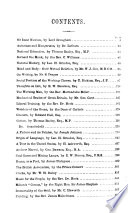 | Henry Pitman - 1316 pages
...whom this divergence is maintained : this * " I believe that animals have descended from at most only four or five progenitors, and plants from an equal or lesser number." — Origin of Species, p. 484. Mr Darwin goes on to say: " Analogy would lead one step further, namely,... | |
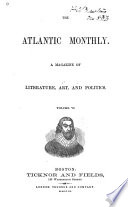 | 1860 - 800 pages
...members of the same class." Furthermore, " I believe that all animals have descended from at most only four or five progenitors, and plants from an equal or lesser number." Seeing that analogy as strongly suggests a further step in the same direction, while he protests that... | |
 | 1860 - 612 pages
...class. I belieTe that animals have descended from at most only four or fire progenitors, and plaats from an equal or lesser number. Analogy would lead...me one step further, namely, to the belief that all animal* and plants have descended from some one prototype. But analogy may be » deceitful guide. Nevertheless... | |
 | William Nelson Pendleton - 1860 - 362 pages
...(p. 419, nearly the last page of his book:) "I believe that animals have descended from at most only four or five progenitors, and plants from an equal or lesser number. Analogy would lead me one step farther, namely, to the belief that all animals and plants have descended from some one prototype.... | |
 | Crosthwaite and co - 1860 - 622 pages
...says, " that animals have descended from at most only four or five progenitors, and plants from au equal or lesser number. Analogy would lead me one step further, namely, to the belief that all animal* and plants have descended from some one prototvpe."— -p. 484. So far back as the year 1889,... | |
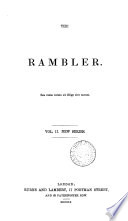 | 1860 - 446 pages
...ages, Mr. Darwin thinks it proved that all animals have descended in one direct genealogical line " from at most four or five progenitors, and plants from an equal or lesser number ;" and probable that " all the organic oeings which have ever lived on this earth have descended from... | |
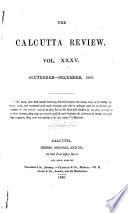 | 1860 - 600 pages
...unscientific public. " I can" he says " believe that all animals have descended from ' almost only 4 or 6 progenitors, and plants from an equal or 'lesser number ; analogy would lead me one step farther, name' ly to believe that all plants and animals have descended from ' some one prototype,... | |
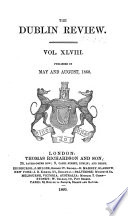 | Nicholas Patrick Wiseman - 1860 - 594 pages
...with a Chinese and an Englishman, but that "he believes that animals have descended from at most only four or five progenitors, and plants from an equal or lesser number :" and, much further Btill, that he would " infer from analogy that probably all the organic beings... | |
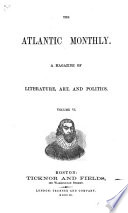 | 1860 - 794 pages
...rejection of spontaneous generation, — the statement of a belief that all animals have descended from four or five progenitors, and plants from an equal or lesser number, or, perhaps, if constrained to it by analogy, " from some one primordial form into which life was first... | |
| |